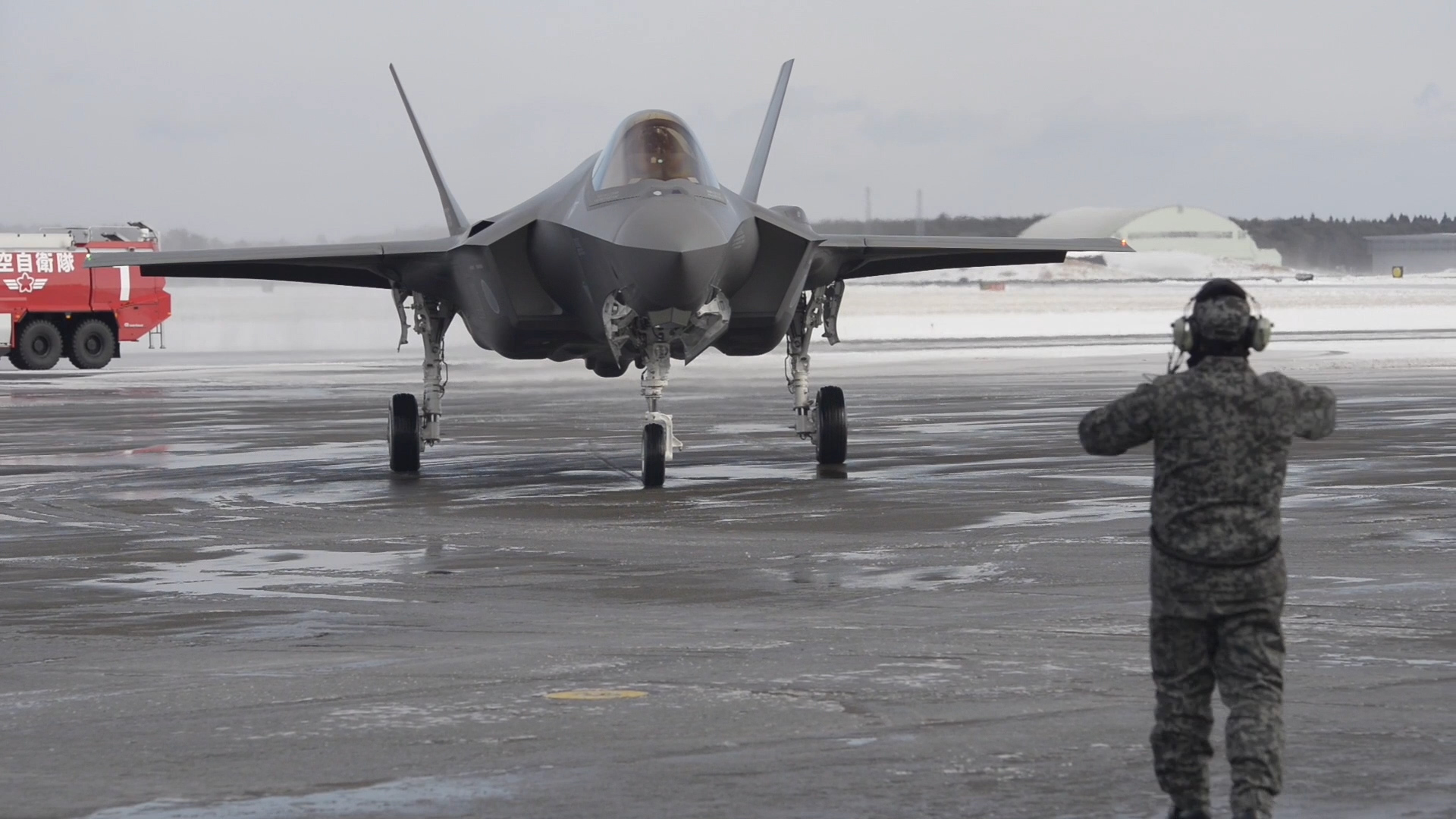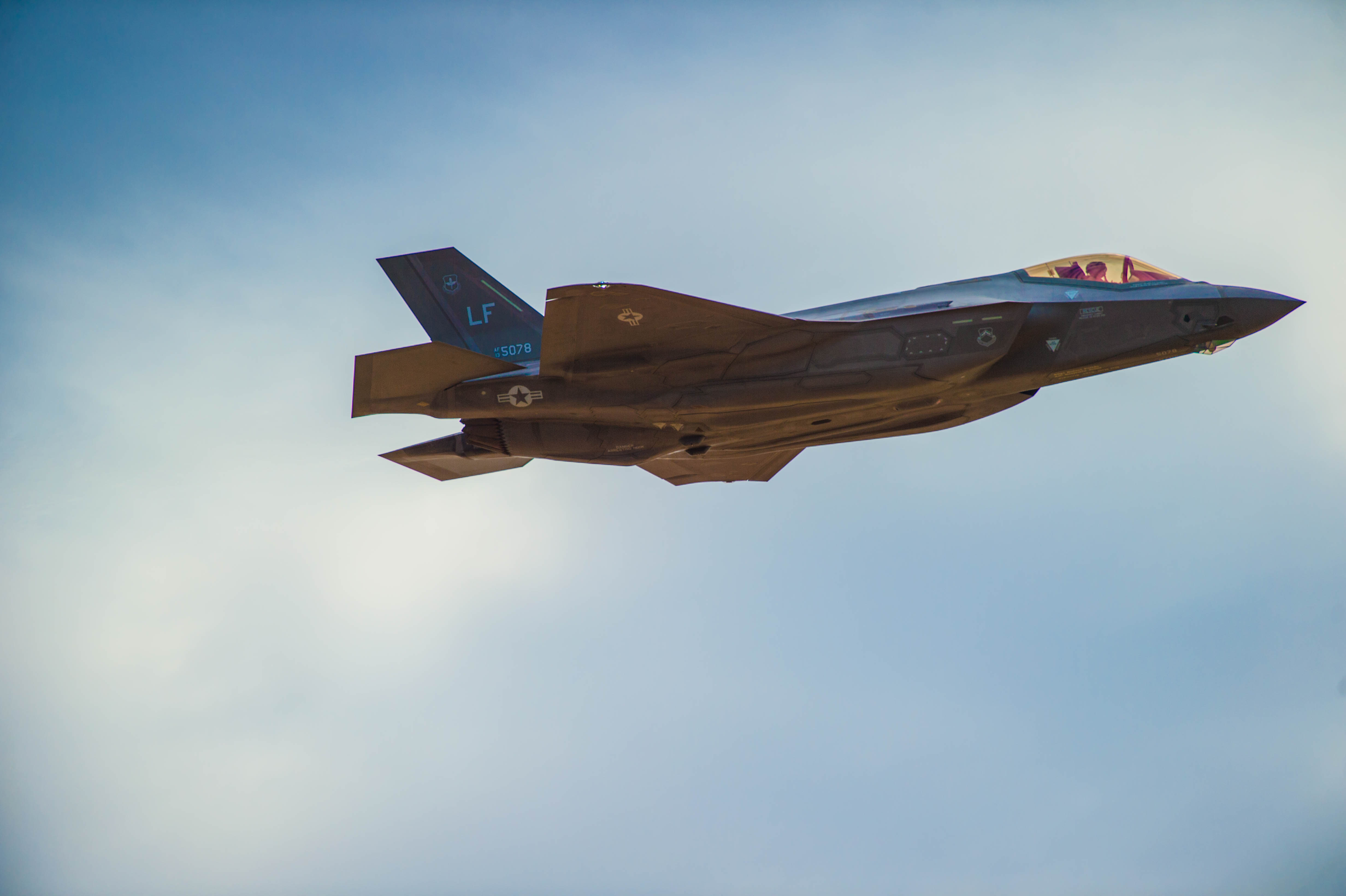
Japanese F-35A Crash Likely Caused By Pilot ‘Vertigo’

Misawa Air Base is located in Misawa, Aomori, in the northern part of the island of Honshū of Japan (Picture: US Department of Defense).
The Japanese Ministry of Defense has said one of its F-35A stealth fighter jets crashed into the Pacific Ocean because the pilot lost "spatial awareness".
The jet had been on exercise off the northwest coast of Japan on 9 April before suddenly disappearing from radar screens and plummeting into the sea at speeds of around 680mph.
The pilot died in the incident, and teams were scrambled to recover the wreckage of the aircraft.
The F-35A is one of the world’s most advanced stealth fighter jets, but in the weeks since the incident, the Japanese fleet has been grounded while an investigation took place.
Giving an update in a press briefing on Monday, Japanese Defence Minister Takeshi Iwaya dismissed mechanical or software issues as the cause of the crash, saying instead he believed it to be ‘highly likely’ that the pilot was suffering from vertigo or spatial disorientation.
The nation’s Defence Minister added that it was unlikely the pilot was aware of his condition.
This was the first reported crash involving an F-35A, according to Japan's Air Self Defense Force.

What is vertigo?
It is a sense that the world around you is spinning and can affect perception, balance and skew horizons.
It can come on suddenly and last anywhere from a few seconds to hours.
What will the Japenese military do now?
In light of these developments, the Japanese Defence Minister has said vertigo training for pilots will be increased before the F-35As are allowed to fly again.
The jets themselves will also be checked.
UK pilot health checks
In the UK, aircrew are subjected to full health checks (including an ECG, blood tests and eye tests) at least once a year.
They are carried out more frequently if aircrew are moving to or training on a new aircraft.
Day-to-day personnel are also expected to declare any reasons (physical or mental) that they think could affect their flying capabilities, with doctors on call to provide appointments usually on the same day.









